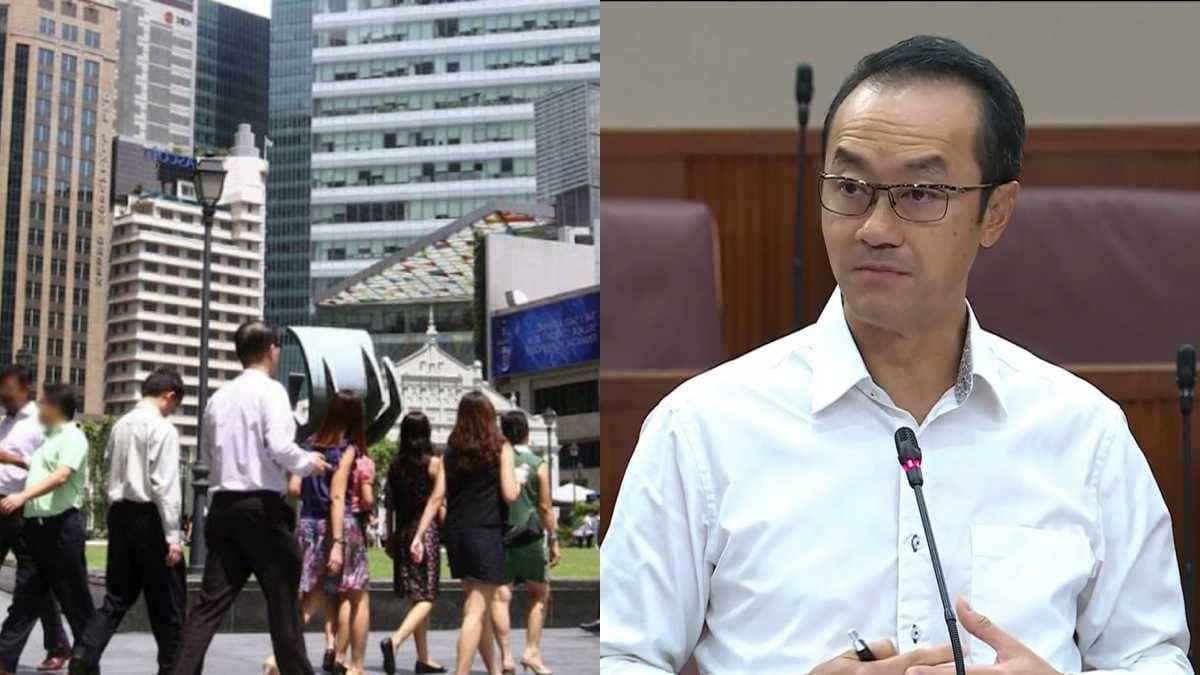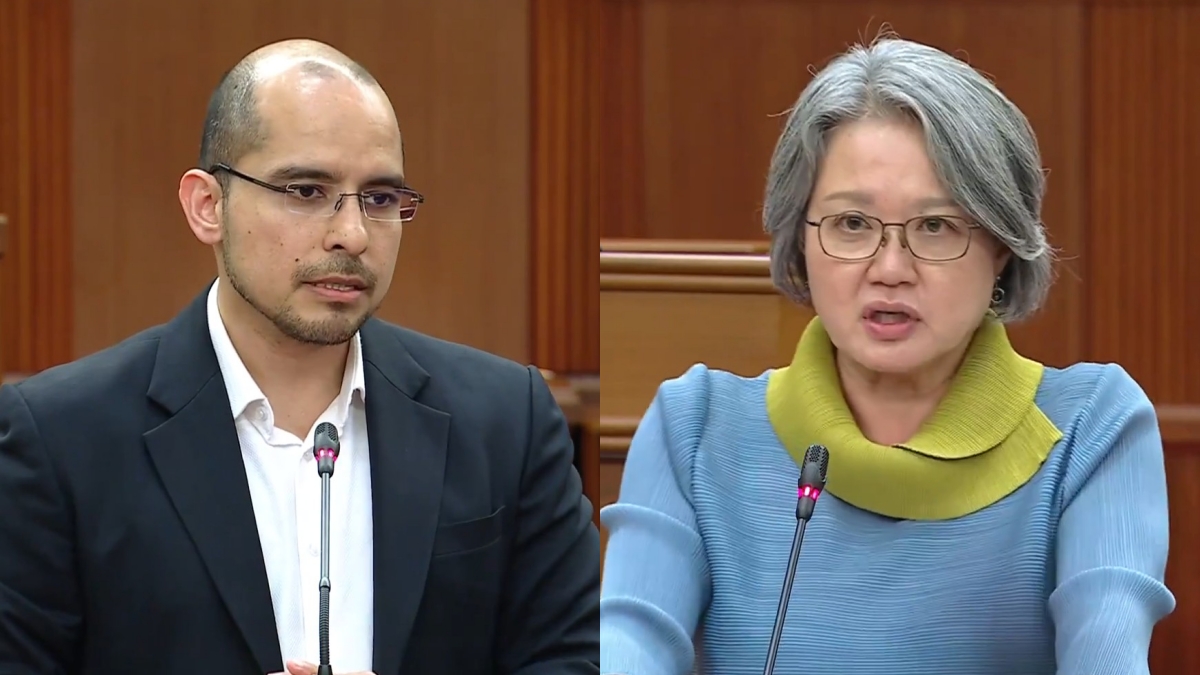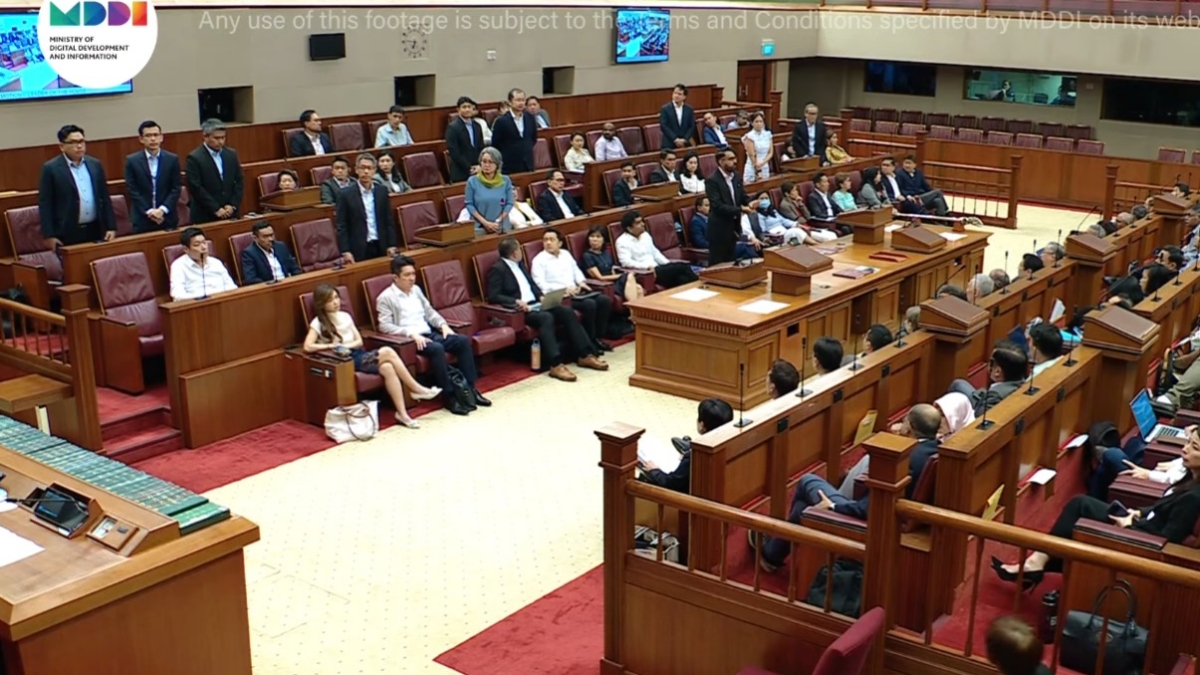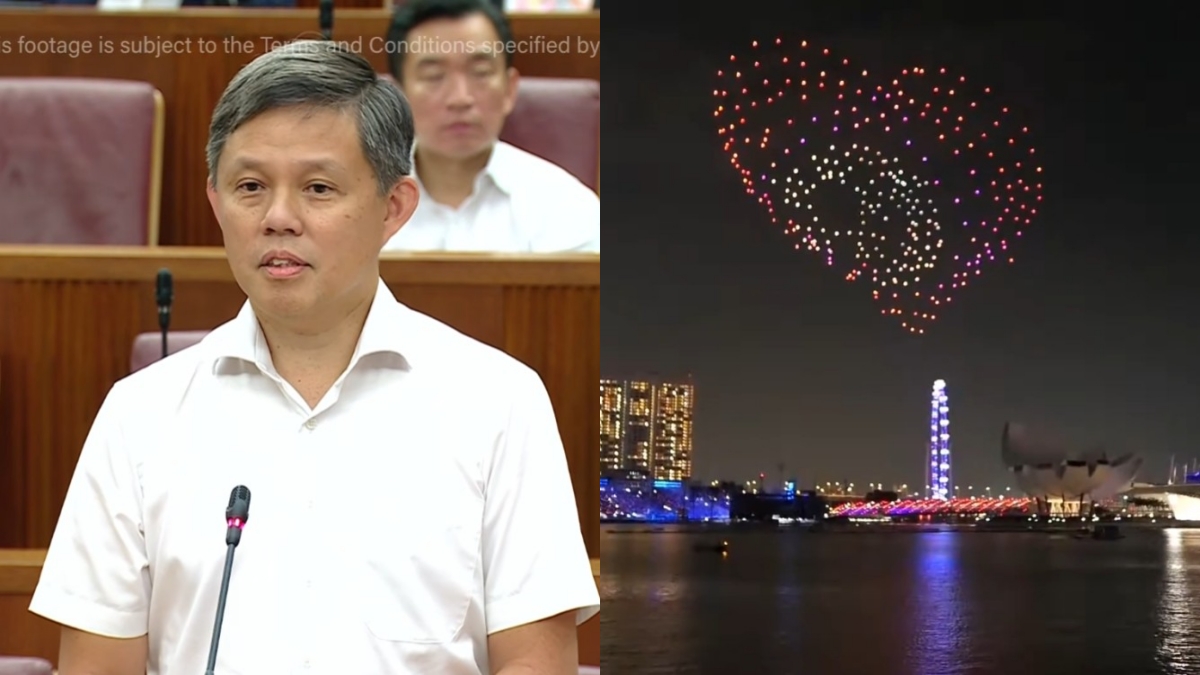Koh Poh Koon: Job fit & referral framework for jobseekers with mental health conditions to launch in June 2026
A new job fit and referral framework for persons with mental health conditions will launch in June 2026, linking them to employment support agencies and tailored assistance, said Dr Koh Poh Koon in Parliament.

- The National Council of Social Service (NCSS) will roll out its job fit assessment and referral framework in June 2026.
- The framework links job seekers with mental health conditions to employment support through Workforce Singapore and the Employment and Employability Institute.
- Assessments and support will be tailored individually, reflecting the diverse needs and recovery stages of each person.
SINGAPORE: The National Council of Social Service (NCSS) is set to roll out a new job fit assessment and referral framework in June 2026, designed to help persons with mental health conditions find suitable employment and receive customised support.
Senior Minister of State for Health Dr Koh Poh Koon announced the update in Parliament in response to a question from MP Nadia Ahmad Samdin, who had asked for progress details on the framework first mentioned under the National Mental Health and Well-Being Strategy.
Dr Koh said the NCSS has established a referral framework in partnership with employment support agencies, Workforce Singapore (WSG), and the Employment and Employability Institute (e2i). The collaboration aims to identify job seekers with mental health conditions and match them with the right employment opportunities and support channels.
In addition, NCSS is developing a vocational assessment framework that will be used across employment support agencies. This framework will evaluate individuals’ work readiness, capabilities, and the level of support required to help them transition successfully into employment.
Dr Koh explained that the NCSS is currently standardising the assessment tools and determining the types of professionals who will conduct these evaluations. This will ensure consistency and reliability across agencies when assessing and supporting persons with mental health conditions.
During the parliamentary exchange, Ang Mo Kio GRC MP Nadia Samdin asked about the types of mental health conditions the framework would cater for and whether there would be a set duration for employment support.
In response, Dr Koh emphasised that mental health conditions “encompass a very wide spectrum,” and as such, the support offered would be individualised to each person’s needs.
“Not every individual with a mental health condition will want to seek employment,” he noted.
“But our aim is to make sure that those who desire to do so will be supported through vocational training and measures that help them gain the necessary skills to enter the workforce.”
He added that the duration of support would also vary between individuals, depending on their condition and progress. Professionals conducting the assessments will determine the most appropriate level and period of support on a case-by-case basis.
Dr Koh also acknowledged that some individuals may have conditions that make employment unsuitable. In such cases, “other measures to support the individual’s needs will have to be considered,” he said.







